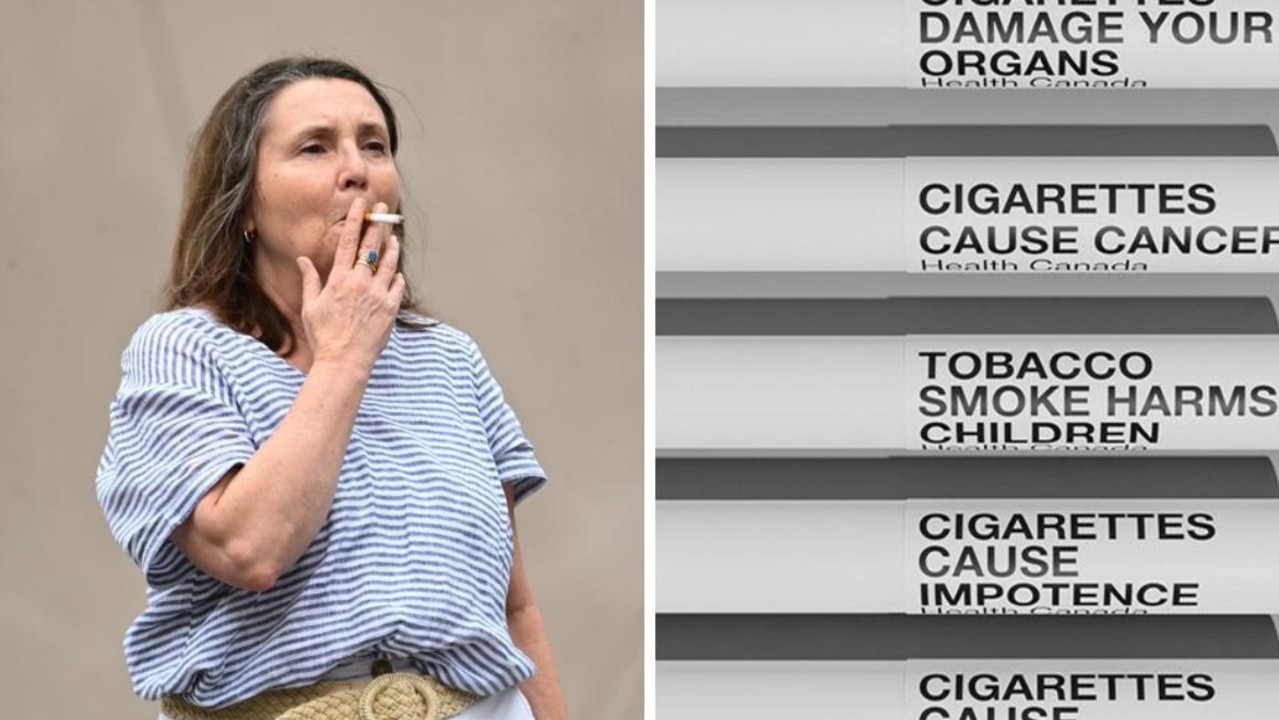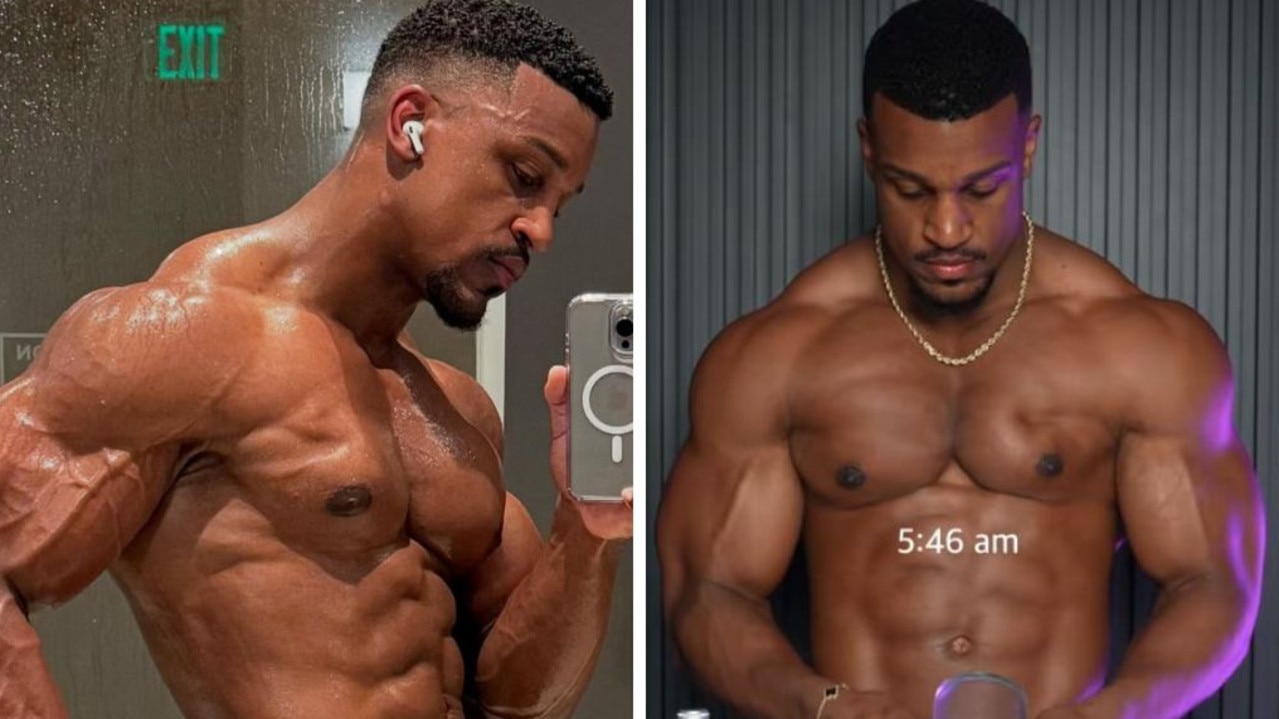‘Casual brutality’: The hidden meaning behind Adolescence emojis
Everybody knows what the eggplant emoji means, but a new Netflix series has exposed parents to a whole new dialect they weren’t aware of.
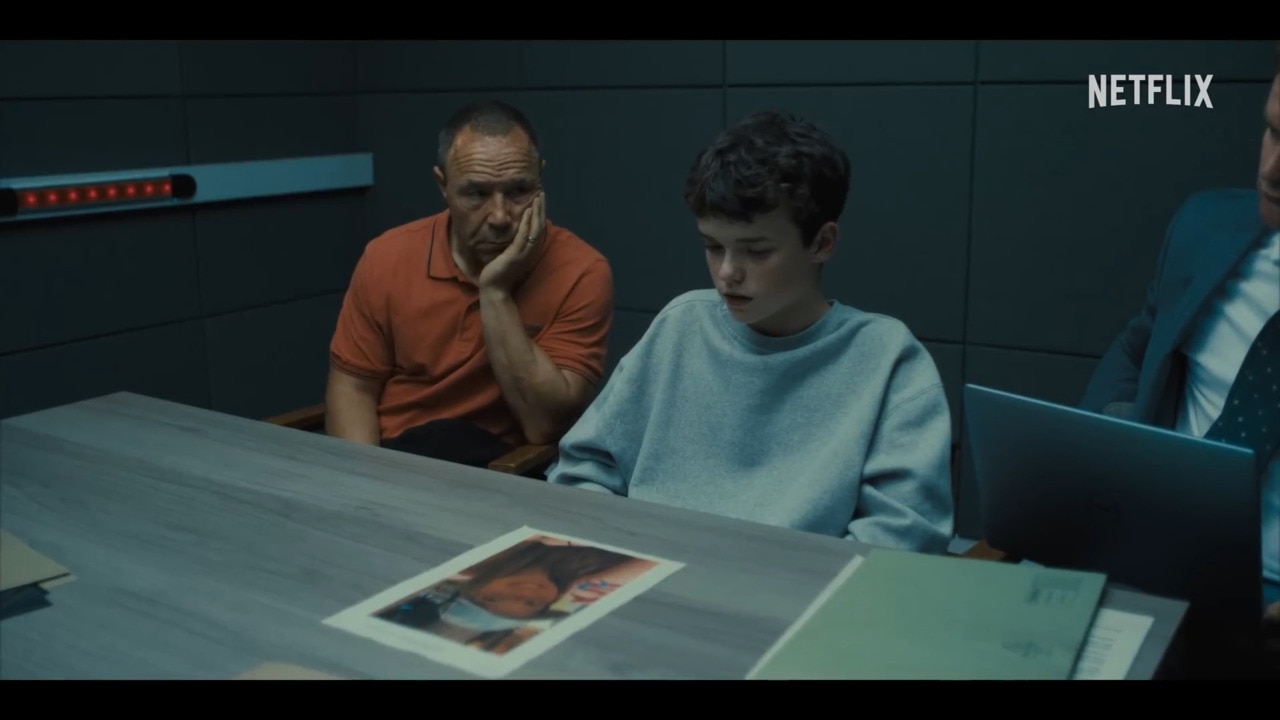
Lifestyle
Don't miss out on the headlines from Lifestyle. Followed categories will be added to My News.
WARNING: CONTAINS SPOILERS
Everybody knows what an eggplant or a peach emoji means in a text message — but what about the red pill, or the kidney beans?
A new Netflix series has exposed parents to a whole new dialect they weren’t aware of, with emojis sometimes used to communicate a deeper, darker message among young people.
Netflix’s much talked-about drama Adolescence follows the deeply unsettling story of a 13-year-old boy’s social media fuelled killing of a female classmate after being radicalised by incel and misogynistic culture online.
A standout scene shows two police officers investigating the murder case at the school of the two students begging for answers, believing the stabbing to be a domestic violence related crime.
But, when one officer is confronted by his own teen son about reading between the lines with the Instagram messages between the killer (Jamie) and the victim (Katie), the investigator’s understanding of the shocking crime unravels and the true motive is exposed.
“It’s not going well because you’re not getting it,” the officer’s son tells his dad about the investigation. “You’re not reading what they’re doing, what’s happening.”
The teenager then goes on to reveal the hidden meaning behind each emoji – the red pill, kidney beans, the 100 symbol. They all refer to incel culture, otherwise known as the ‘manosphere’ – a collection of online groups of men that share misogynistic and anti-feminist views towards women.
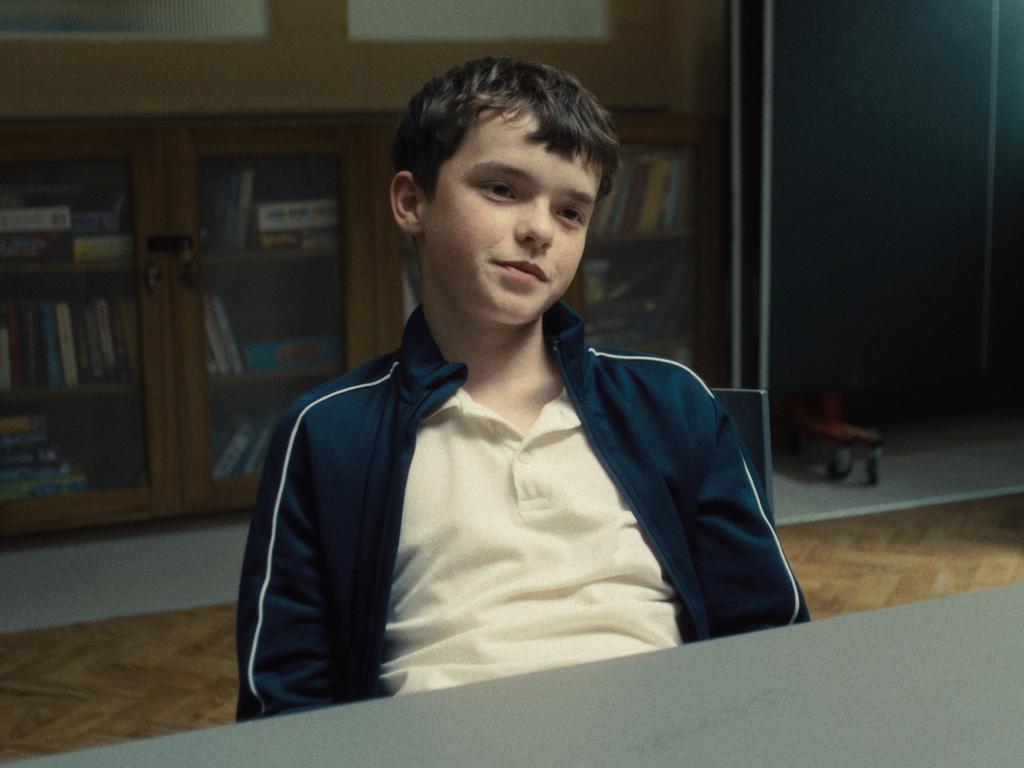
What do the emojis mean?
Kate Scott, a PhD candidate at the University of Sydney, told news.com.au; “The show did a pretty good job covering the main emojis used by kids and adults in the manosphere and red pill generally.
“Things such as the red pill emoji, the kidney beans, the exploding emoji. They mentioned the hearts and how the colours represent different types of different romantic interests. I wouldn’t say that’s specific to the red pill, I wouldn’t say that’s a point of concern for parents.”
The kidney beans represent incel culture in general, while the red pill emoji represents “the truth” about gender dynamics. “It’s a call to action by the manosphere,” the Adolescence character explains.
The exploding/dynamite emoji refers to someone being an “incel” or “involuntarily celibate”. Ms Scott also explained the 100 emoji refers to the ‘80/20 rule’ – a core manosphere belief that 80 per cent of women are attracted to just 20 per cent of men — something she said is one of the most quoted “statistics” in the online community.
“Any kind of Google search would show there is no study related to that. It’s related to an economic study about productivity and outcomes, but it’s been completely co-opted by the manosphere,” she said.
The teenager in Adolescence explains to his clueless father about the killer and victim’s online communication: “Women, you must trick them because you’ll never get them in a normal way. 80 per cent of women are cut off … she’s saying he’s an incel.”
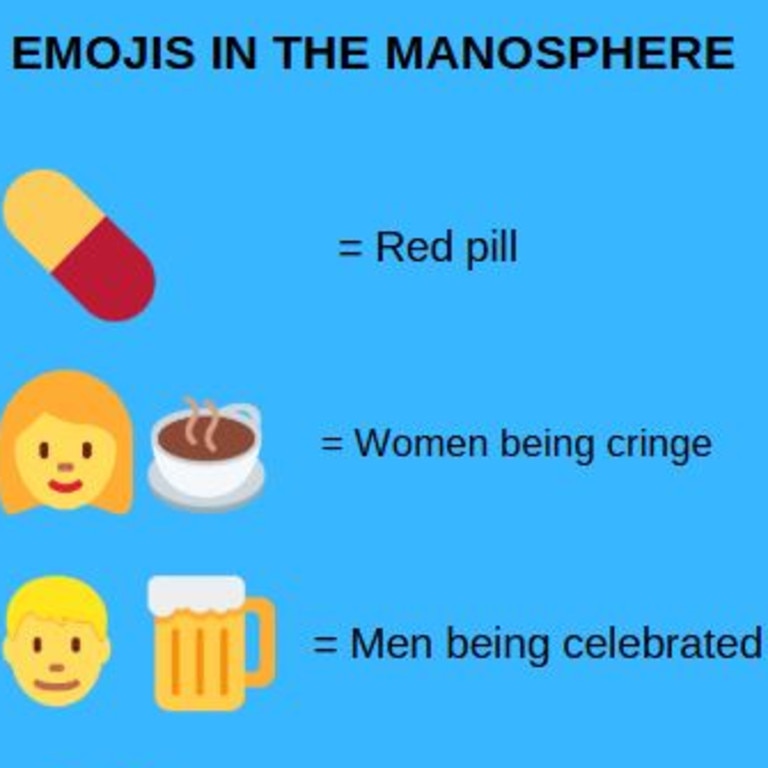
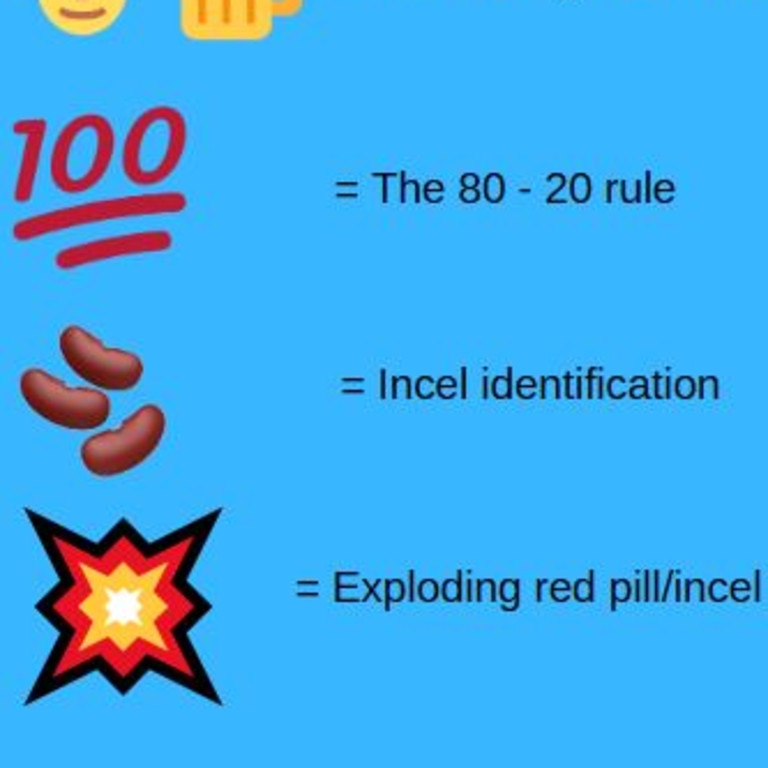
Hidden phrases and symbols
Ms Scott also pointed to two other popular symbols in the movement. The word “women” followed by the tea emoji is used to show contempt for women when they do something “silly”. Another is the word “men” followed by a beer, to celebrate masculinity.
“I think when parents are concerned, it’s not necessarily always going to be emoji-based,” Ms Scott pointed out.
“I think there is a lot of dog whistles, acronyms and words that the manosphere uses more broadly. Things like calling women ‘thots’ and ‘Becky’ and ‘Stacey’, calling men ‘Chads’ or ‘Betas’ or ‘cucks’. Things like red pill, blue pill, black pill — there’s all these different types.”
She said other phrases such as “all women are like that” or “AWALT” were also popular in this community, adding the language is probably more concerning than the emoji “as not everyone was in the know”.
“I think what’s really interesting about the manosphere, and what’s interesting about the use of emojis, is that it creates this kind of ‘in culture’,” she said.
“Kids are really seduced by this idea of ‘oh if I use this lexicon only people in the know will know what I am referring to’.”
Ms Scott said it’s not just the manosphere that does this, but any violent, extremist group online creates a lexicon and dog whistles to signify to other people in the know. She said the Netflix series should spark important conversations between parents and their children.
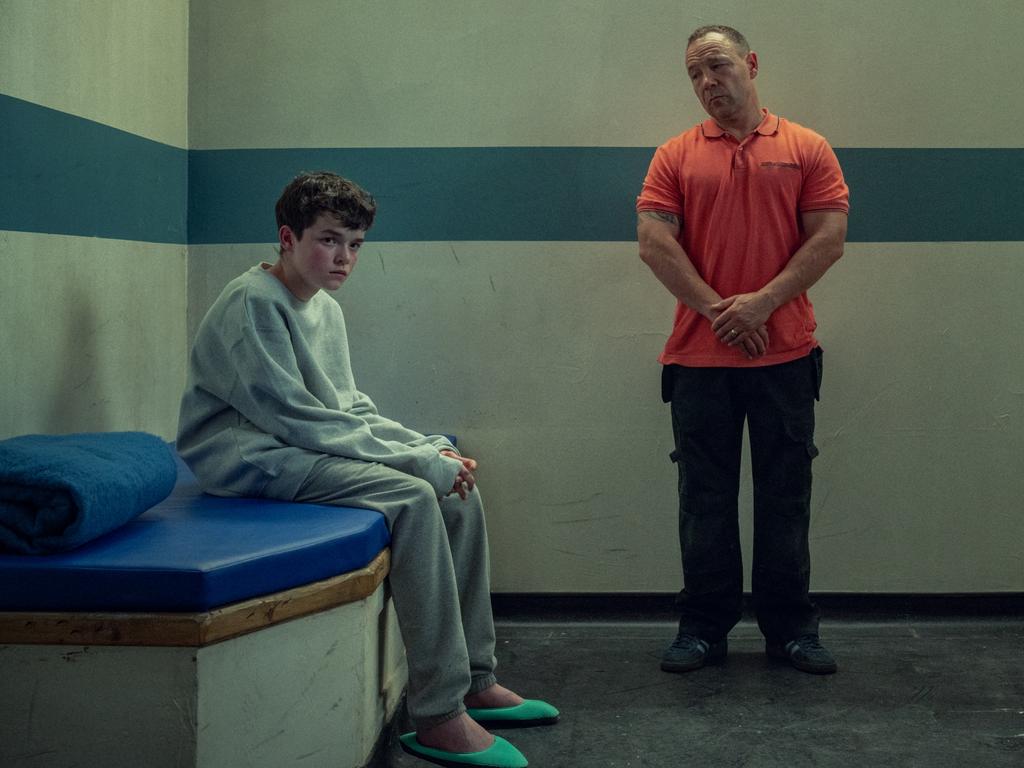
What the parenting experts are saying
Meanwhile, parenting expert Dr Justin Coulson said too often conversations are had about what children are going through in “abstract ways”, such as “they’re seeing explicit content online and it is impacting their behaviour”. However the Netflix show prompted him to change the tone of his forthcoming book on masculinity, reminding him how “raw” it is and the importance of not “shielding parents from the reality”.
“What’s going on is neither reassuring nor soft but it’s devastating and it slaps hard,” he told news.com.au.
Dr Coulson often speaks at schools, and he sees the reality of what is happening day in and day out. The Happy Families founder said it’s only in the last 200 years that the thought of grouping kids of the same age together with limited adult supervision has been a thing. Prior to that, children of different ages and adults were grouped together.
Dr Coulson said in 2025, all these children have is each other. He pointed out kids are immature, their neurology is still under construction and they don’t have the wisdom to make safe, healthy decisions. He also said teachers, for the most part, are doing everything they can with the resources they have.
“Unfortunately culture is everything and in too many schools, what’s depicted in episode two is the norm,” Dr Coulson said, referring to the police officer’s revelation in Adolescence about the hidden emoji meanings.
“It’s been condensed into a much more impactful reality. So we need to recognise for dramatic impact, it’s been condensed and maybe even strengthened. But we’ve got really good research that shows that empathy declines in boys for about the age of 13 to 16 and that’s really what we see in the show.
“I mean, we see these kids with this casual brutality and this morbidly delighted curiosity. They’re absolutely enthralled at tragedy. If you go into any high school today, the kids will have watched the most extreme violence, including beheadings on the internet and they’re desensitised to it because they see so much of it. It’s simply morbid fascination and delight. They see this stuff and they share it around.”
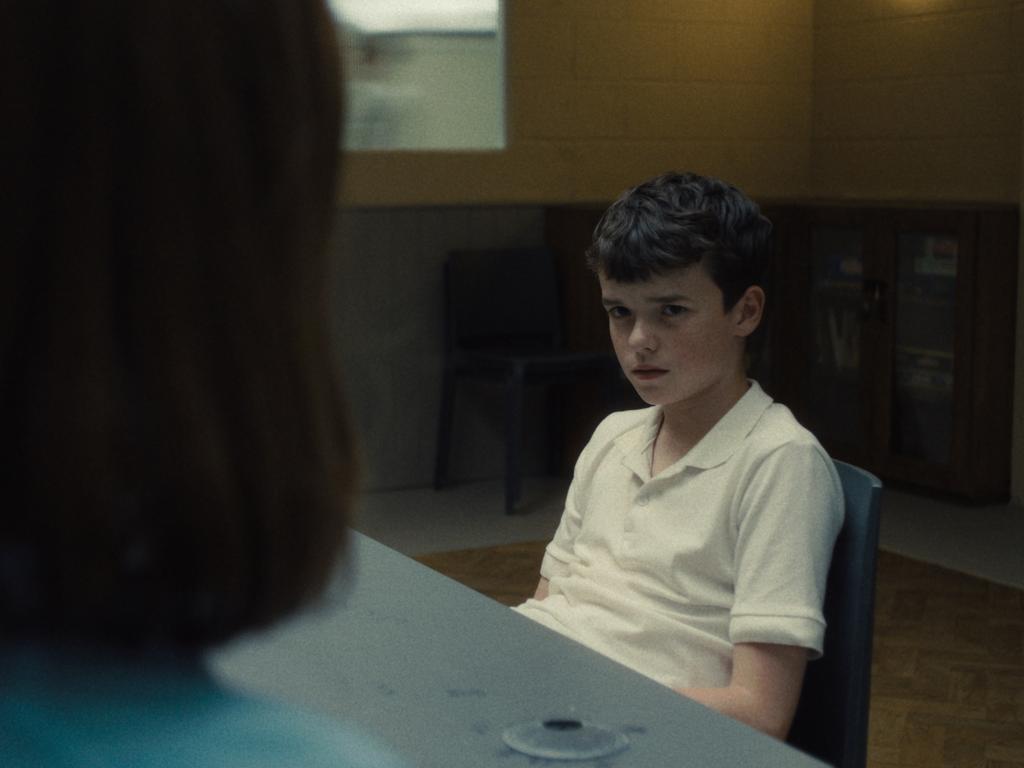
Dr Coulson said the entire series is based on a murder — but if that was taken out and still included the same themes and the same story, it would still have a huge impact. He said one of the biggest conversations happening off the back of the show is that if you are 13 and a virgin, you’re considered an incel.
Dr Coulson said the chasm between what is developmentally appropriate and what us expected of teenagers “is extreme”, and also referred to the show’s conversations about what it is to be a man. He pointed out that it wasn’t just the character of teenager killer Jamie Miller who presented issues. It’s also the male security guard leering over the female psychologist, it’s the systemic issues that fail our most vulnerable and it is Jamie’s parents trying to convince themselves they did a good job raising him — even though they failed to connect with him because he wasn’t an athlete.
“I don’t like throwing shade at parents, but make no mistake. If as a parent you are allowing your teenage child to be on the internet, whether it’s your son gaming or your daughter on social media, whether if they’re on their screenings in bedrooms and bathrooms, then you are abrogating your responsibility as a parent to keep your child safe,” Dr Coulson said.
More Coverage
Originally published as ‘Casual brutality’: The hidden meaning behind Adolescence emojis




